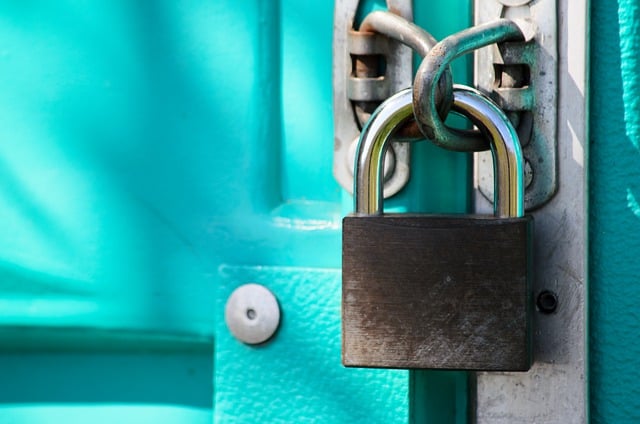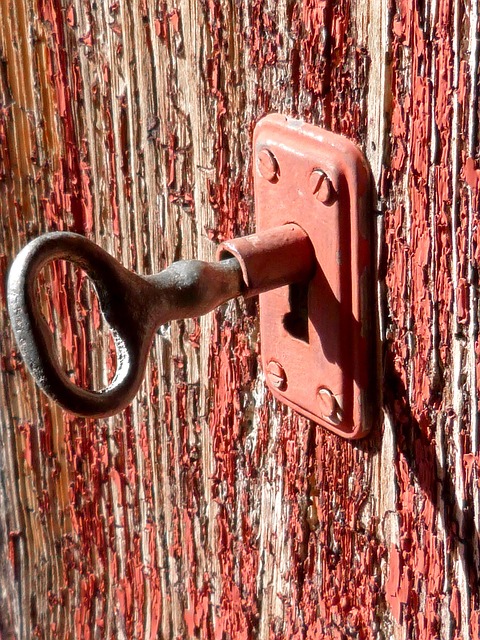Smart home monitoring for seniors leverages wearable devices with integrated sensors to discreetly track vital signs, activity, and location, providing real-time data to ensure independence while offering remote peace of mind for caregivers. These systems integrate with smart homes to create personalized routines, detect anomalies, and remotely assist daily tasks, enhancing safety without constant privacy intrusion. However, they also raise important privacy and ethical concerns that must be addressed as the field evolves to meet the unique needs of an aging population in smart home environments.
With an aging population, understanding the unique needs of seniors is crucial. One innovative solution gaining traction is the use of wearable devices for continuous senior tracking and alerts, offering peace of mind for both loved ones and caregivers. This article explores the role of wearable technology in smart home monitoring for seniors. We’ll delve into various types of sensors, their integration with existing systems, and address key considerations surrounding privacy and ethics while highlighting the numerous benefits of these 24/7 tracking solutions.
- Understanding the Needs of Seniors and the Role of Wearable Devices
- Types of Wearable Sensors for Continuous Senior Monitoring
- Integrating Wearables with Smart Home Systems for Efficient Tracking
- Privacy, Ethics, and Benefits of 24/7 Senior Tracking Solutions
Understanding the Needs of Seniors and the Role of Wearable Devices

Understanding the unique needs and challenges of seniors is paramount in developing effective solutions for their care and safety, especially with an aging population worldwide. As individuals age, they may face increased vulnerability to health issues, cognitive decline, and social isolation. Traditional monitoring methods often fall short in providing continuous support and timely interventions. This is where smart home monitoring for seniors steps in as a transformative technology.
Wearable devices offer a discreet and non-intrusive way to track vital signs, physical activity levels, and overall well-being. These devices can detect falls, monitor heart rate, and even provide reminders for medication intake. By integrating wearable tech with smart home systems, caregivers and family members gain peace of mind, enabling them to remotely assess and respond to any potential issues promptly. This technology bridges the gap between independent living and the need for constant supervision, ensuring seniors receive the support they require while maintaining their autonomy.
Types of Wearable Sensors for Continuous Senior Monitoring

Wearable devices for continuous senior tracking are transforming the way we care for our aging population, offering a sense of security and independence within their own homes. These devices utilize various types of wearable sensors to monitor vital signs, movement, and location, providing real-time data to caregivers or family members.
Among the common types of wearable sensors are those that track heart rate, activity levels, fall detection accelerometers, and GPS for location services. Smart home monitoring for seniors often integrates these sensors into wristbands, necklaces, or even clothing, ensuring comfort and discreetness. Advanced algorithms then analyze this data to detect anomalies or potential emergencies, triggering alerts to caregivers or emergency services when needed.
Integrating Wearables with Smart Home Systems for Efficient Tracking

Integrating wearable devices with smart home systems offers a comprehensive solution for 24/7 senior tracking and monitoring. These wearables, equipped with sensors and connectivity features, can capture vital health data such as heart rate, sleep patterns, and activity levels in real-time. When linked to a smart home environment, this data becomes even more valuable. Smart home systems can use this information to create personalized routines, trigger alerts when deviations from typical behavior occur, and remotely assist seniors with daily tasks.
For instance, if a senior’s wearable device detects an unusual drop in heart rate during the night, it can automatically send an alert to family members or caregivers via their smartphone apps connected to the smart home system. This enables swift response and intervention, enhancing peace of mind for both the senior and their loved ones. Furthermore, smart home monitoring for seniors allows for a more natural living environment, as it provides subtle reminders and assistance without constantly intruding on their privacy.
Privacy, Ethics, and Benefits of 24/7 Senior Tracking Solutions

The implementation of 24/7 senior tracking solutions through wearable devices raises important considerations regarding privacy, ethics, and potential benefits within the context of smart home monitoring for seniors. On one hand, these technologies offer a promising approach to enhancing safety and well-being by providing continuous monitoring, enabling quick response times in case of emergencies. By tracking vital signs, movement, and location, caregivers can receive alerts about concerning changes, allowing them to take prompt action.
However, the ethical implications cannot be overlooked. Privacy is a paramount concern, as these devices collect sensitive data, including health information and personal activities. It’s crucial that developers and users prioritize secure data storage, encryption, and transparent data-sharing practices to safeguard individuals’ privacy. Moreover, obtaining informed consent from seniors or their guardians is essential, ensuring they understand how their data will be used and have control over its access. Balancing the benefits of smart home monitoring with respect for autonomy and individual rights is a delicate task that requires careful navigation in this rapidly evolving field.
Wearable devices offer a promising solution for enhancing senior care through continuous tracking and alert systems. By integrating these devices with smart home technology, we can create an efficient and safe environment for elders, ensuring their well-being without compromising privacy or personal freedoms. The benefits of 24/7 monitoring, coupled with ethical considerations, make this approach a game-changer in the senior care landscape, allowing families to rest easy while empowering seniors to live independently. Smart home monitoring for seniors is not just a technological advancement but a step towards fostering inclusive and supportive communities.
